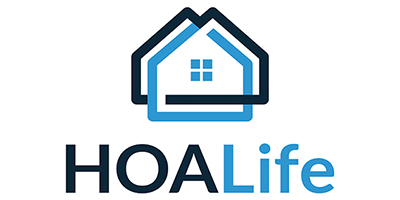CC&R Enforcement Process Basics

CC&Rs are rules that property owners and residents must follow. Since rules are useless without a way to make sure people follow them, CC&Rs also contain provisions for enforcement. Just like the rules and restrictions, the enforcement provisions must also comply with existing laws. The enforcement process cannot violate residents’ personal rights or confiscate personal property. CC&Rs that have been around for a long time may have become outdated and some of their provisions unenforceable.
The CC&R Enforcement Process
While the exact process may vary, CC&R enforcement typically involves a series of steps of escalating severity. – The first step is for the HOA board to notify the violator. This is usually a written notice that includes details of the violation. Some boards may precede a written warning with a verbal warning. In either case, the violator has a set amount of time to fix the problem. – If verbal and written warnings do not resolve the issue, the next step is usually an administrative hearing. This consists of the board meeting to discuss the situation and determine appropriate action. The violator has the right, but not an obligation, to present a defense at this hearing. These hearings may be informal, with all parties taking part in an open discussion. Some boards hold more formal hearings that mimic a court of law. After the violator has had his or her say, the board votes on a final decision and resolution.
If the violator still refuses to comply, the HOA can bring a lawsuit against the resident. The court will render a formal legal judgment, which will be binding on both sides. The court’s decision can be either for or against the violator, and it may even find the CC&R provision unenforceable. The court will order appropriate action, depending on the violation. This could include removal of the offending personal property or awarding monetary damages. The court will also determine whether local police or the HOA should take the necessary actions.
Other CC&R Enforcement Issues
CC&R enforcement is not a one-way street. The HOA has a duty to enforce its governing documents, and residents have a right to expect it to act in a fair and reasonable manner when doing so. Residents who feel the board is not enforcing the CC&Rs appropriately can sue their HOA if necessary, but this should be a last resort option, after dispute resolution.
Residents who want to do something they know is in violation of the CC&R can ask for a variance. This will also require an administrative hearing so the board can discuss the request. Approval of a variance is almost guaranteed if the provision in question will cause undue hardship to the resident. For example, the HOA may grant special parking accommodations for a handicapped resident or allow extra outdoor lighting for a visually impaired person. Getting permission for other requests may be harder.
When buying a property subject to CC&Rs, make sure you understand and can abide by them. If you feel one or more provisions may cause you undue hardship, get clarification before buying. Find out the appropriate procedure for requesting a variance and initiate one as soon as possible. You are bound by all provisions in a CC&R unless you have board approval to do otherwise.

Ready to dive into the handbook?
It only takes a second to grab your free copy — packed with actionable self-management tips, stress-free solutions, and ways to simplify board responsibilities. Just share your name and email, and it's yours for free.
Ready to take a closer look at HOALife?
Find out if HOALife is the right fit for you in just 30 minutes.
Personalized demo
Time-saving tips for your HOA
No pressure, just answers




